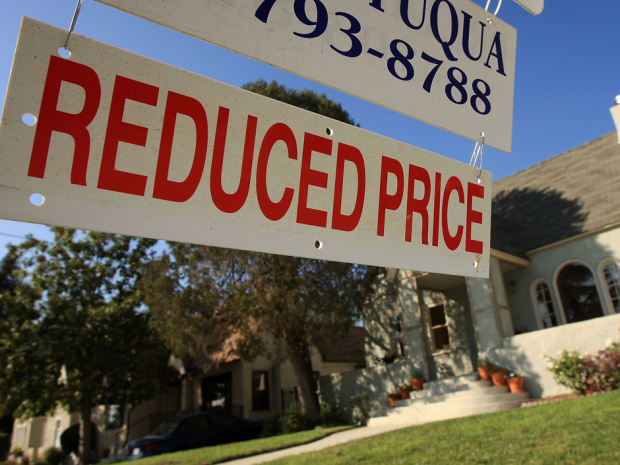
OLDWICK: With mortgage delinquency rates expected to dramatically increase due to COVID-19 pandemic-related forbearance and job loss, AM Best has explored the spillover effect into the mortgage-related activities of the reinsurance industry.
Reinsurers have been assuming incrementally more U.S. mortgage risk from two main sources: Fannie Mae and Freddie Mac (i.e., the government-sponsored enterprises [GSEs]); and private mortgage insurers. In recent weeks since the start of the outbreak, jobless claims have skyrocketed, resulting in the highest unemployment rate since the Great Depression.
Although the CARES Act and loan forbearance, deferral and modification programs are designed to moderate the impact of the pandemic on borrowers, mortgage delinquencies nevertheless are expected to soar. Although the rate with which loans move from delinquency to claims is not clear at this point due to the unprecedented nature of the pandemic, it is inevitable that higher losses are in the cards for the GSEs and private mortgage insurers.
Factors that affect the primary mortgage market also influence the broad secondary markets, such as mortgage-backed securities and mortgage reinsurance.
A new Best’s Special Report, “Mortgage Reinsurance and the COVID-19 Pandemic,” explores the dynamics of the mortgage reinsurance market and how it is affected by the fortunes of the GSEs and the private mortgage insurers. It explains the significant roles the reinsurers play in helping the:
- GSEs de-risk their balance sheets by shedding mortgage credit risk through their credit risk transfer programs; from 2013 through 2019, the GSEs transferred approximately $24.5 billion of exposure limit to the traditional reinsurance market; and
- private mortgage insurers implement their so-called “originate, manage, and distribute” business model and facilitate their compliance with the Private Mortgage Insurers Eligibility Requirements (PMIERs) imposed by the GSEs; from 2016 through 2019, private mortgage insurers have ceded about 13.4% of their gross written premium to the traditional reinsurance market.
The report further explains how the dynamics of the capital markets, the rise in mortgage losses and PMIERs compliance all interact to affect the supply and demand of mortgage reinsurance. Finally, the report addresses the issue of how the fallout of the pandemic may affect the capitalization and operating performance of reinsurers that cover mortgage risk.
AM Best revised its market segment outlook for the private mortgage insurance segment to negative in April 2020, owing to the expected increase in losses on mortgages. Time will tell if the economic fallout of the pandemic will increase realized losses beyond those projected by the disaster scenarios devised by mortgage insurers and reinsurers.